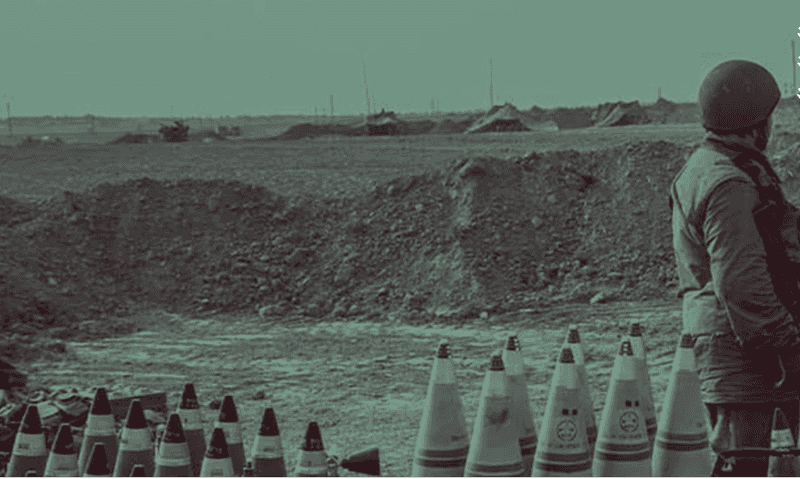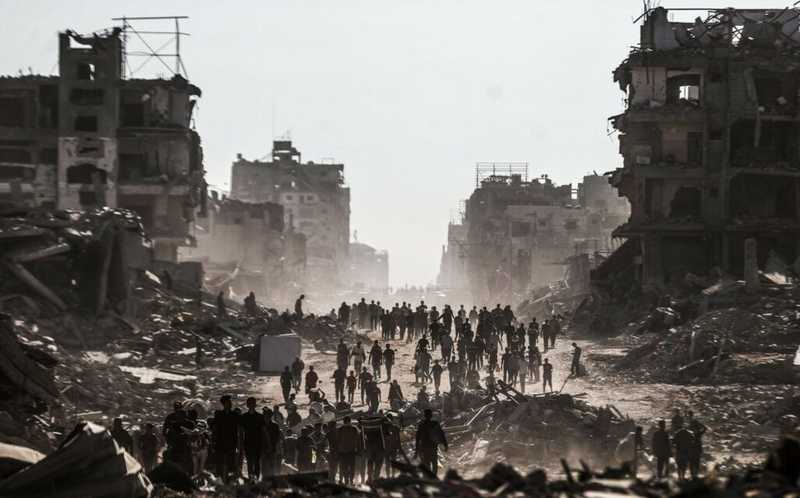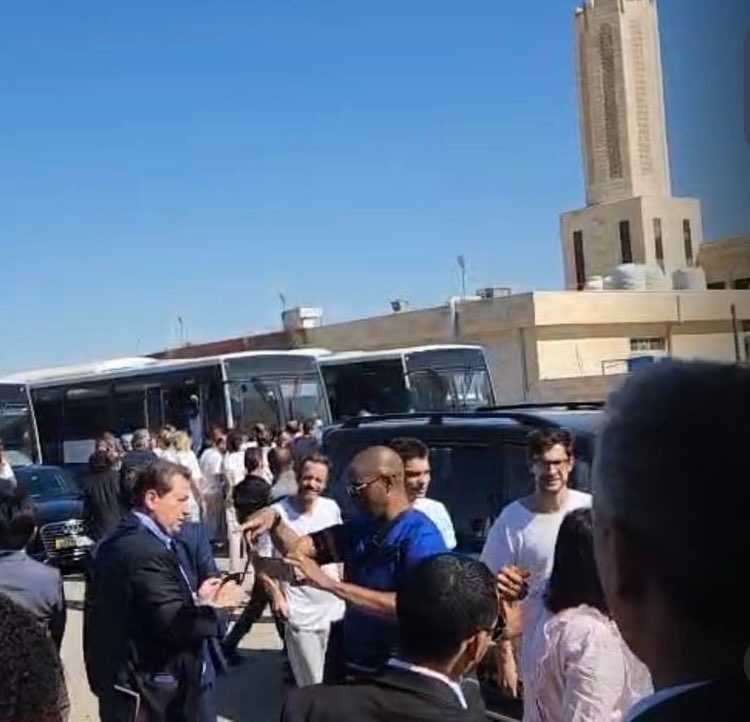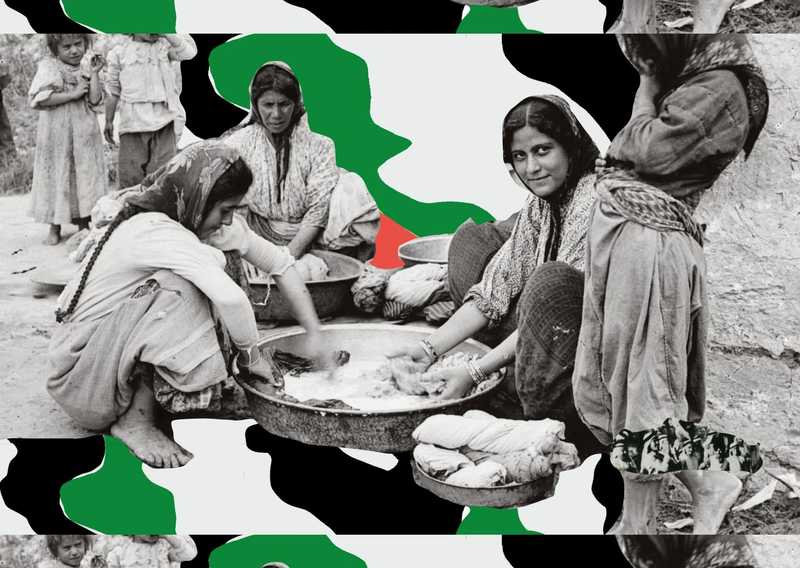
The Tools of Israeli Occupation
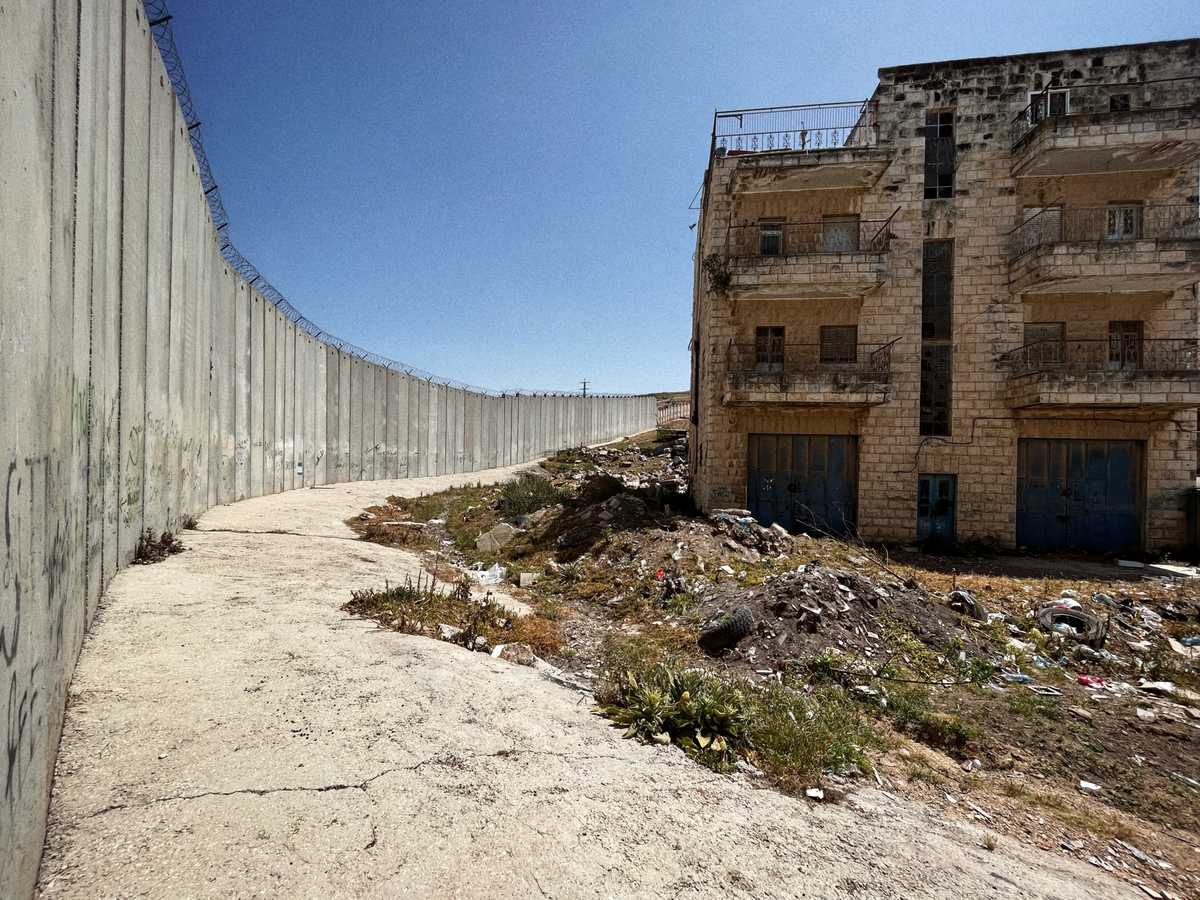
The occupying regime has developed a wide array of tools to surveil, control, humiliate, exclude, dispossess, impoverish, and end Palestinian lives.
In Ramallah, our delegation met with a range of human rights organizations that had recently been designated as ‘terrorist’ groups, making it illegal for banks to provide services to them or their staff.
Regular raids on Palestinian homes see movement leaders and civilians assassinated by Israeli security forces with absolute impunity. Since the start of this year, over 150 Palestinians have been murdered by occupying forces, including well over 20 children — and the Israeli regime has subsequently demolished the houses of many of the assassinated or imprisoned leaders. In May alone, Israeli regime forces killed 36 Palestinians in a four-day assault on the Gaza Strip. And that violence has only continued to escalate.
In Silwan, Jerusalem, some half of all houses are subject to demolition. Families are given the opportunity to bail their home out — to pay a ransom for it to remain standing. But, having paid, the bulldozers still come. Then, the evicted family receives a bill for the soldiers and dogs that evicted them from their home — and for the machines that tore it down.
In Bethlehem, residents of the Aida refugee camp are subject to routine humiliation at the hands of the occupying authorities. Every few months, Israeli military trucks spray the neighbourhood with excrement, directing their hoses toward open windows. Sometimes, soldiers burst through the walls of homes with explosives, traumatising children in the process. When our delegation arrived, families were teargassed as they paid respects to their deceased relatives at the community cemetery. When our delegation visited the same cemetery later that evening, we were threatened at gunpoint.
In the weeks after we left Bethlehem, the Israeli regime installed an automated rifle on its exclusion wall, right above the cemetery. These “smart shooters”, as they are called, represent one of the many technological solutions developed by the Israeli regime and its international backers to sustain the occupation and crush the Palestinian people. Here is another example, whose use we witnessed on two separate occasions: Since Palestinian children learned to throw teargas canisters out of harms’ way, the US developed a new teargas grenade — locally dubbed “the butterfly” — that jumps around while it releases the toxic gas.
The impunity that is allowable before international observers speaks to the horrors that take place in their absence. One night before we arrived at the Aida camp, Israeli soldiers shot two young men with explosive bullets — munitions that are banned under international law. One lost a leg. The other’s intestines burst out from his abdomen. Both survived even though the Israeli troops left them to die at the side of the road.
In Hebron, a subtler process is underway. 1,350 Palestinian shops have been shut by Israeli occupying forces in 23 years, hollowing out the economic life of the city and sowing misery and desperation among its people. From an ever-expanding settlement — heavily guarded by high-tech checkpoints — Israeli settlers target the remaining shops with daily volleys of rocks or urine or acid. The beating heart of the city gradually dims to make room for a lifeless settlement.
Each of these processes — and they represent only a fragment of what we witnessed — operates to evict the Palestinian people and create an ethno-nationalist Jewish state on their land.
A Radicalized Israeli Government
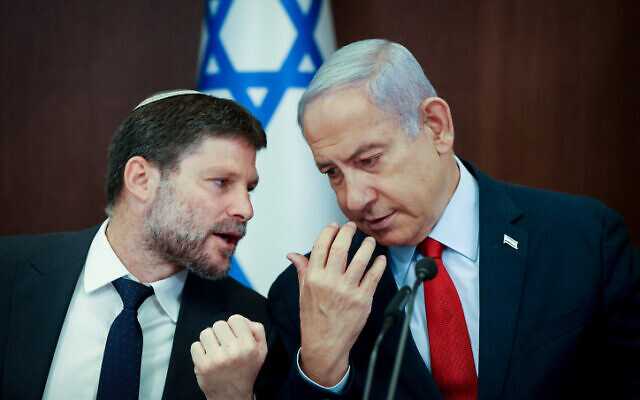
The Boycott, Divestment and Sanctions movement calls the new Israeli government “the most racist, fundamentalist, sexist, corrupt, authoritarian and homophobic ever—without masks.” The regime represents, among others, the interests of a particular branch of the Zionist project: the settlers. Its Finance Minister, Bezalel Smotrich, a self-declared “fascist”, has repeatedly called for the erasure of Palestinian towns and communities, while plotting for a radical expansion of the settler-colonial project. Since our delegation, Benjamin Netanyahu conferred full authority on Smotrich to expand existing settlements — and wide powers of enforcement.
The government is currently implementing a spate of judicial and social “reforms” that have found significant opposition among liberal Israelis, who tolerate the apartheid regime insofar as the pretense of liberal democracy (with Jewish primacy) is preserved. As a result of the Netanyahu regime’s reforms, many believe that Israel risks a wave of capital flight that could challenge the very basis of the settler-colonial economy.
The general consensus among Palestinians in the West Bank appeared to be that while the regime remains fundamentally colonial in nature — and in that sense has not changed dramatically — the contradictions unleashed by the new Israeli government open new opportunities for the Palestinian people and their supporters. On 16 May, we published a summary of this analysis written by Omar Barghouti, the founder of BDS, which you can read here. We found that it represents a broad consensus within Palestine.
The Struggle in Palestine
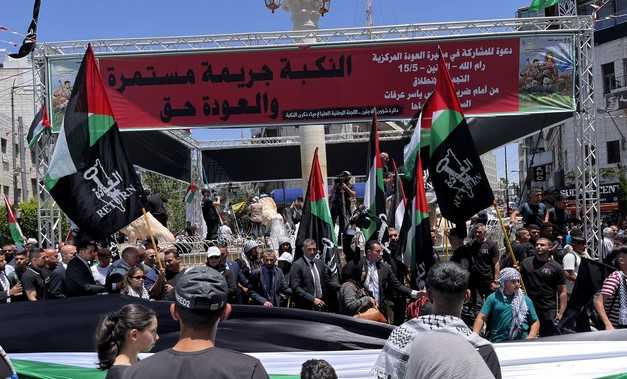
The Palestinian people are engaged in two parallel struggles: a national struggle and a class struggle.
The national struggle has been waged ceaselessly since 1948. Its demands, which unite all Palestinians, are self-determination, the right of return for refugees, and an end to the Israeli occupation — all rights that are secured by international law. For decades, the national struggle was undermined by what some have called “Osloization” — the process, launched with the Oslo Accords and subsequent agreements, of demobilization, NGO-ification, and the abandonment of revolutionary principles in exchange for a two-state solution whose promise has proven more illusory with each passing year.
The Oslo Accords, concluded in Washington, represented an attempt to normalise Israel’s permanent and powerful position in West Asia as a bridgehead for US power projection, underwritten by the opening of relations with despotic regional regimes in exchange for security guarantees — a project that continued under Donald Trump and has only started to face challenge with the appearance of China as a diplomatic player in the region*.*(#) The Oslo Accords did not grant the Palestinian people the rights guaranteed to them under successive United Nations resolutions. Instead, the questions of self-determination, occupation, and refugees were deferred indefinitely. The situation has resolved into an internationally-accepted system of apartheid that continues to dispossess, displace, and terrorize the Palestinian people each day. It has become clear that the Israeli regime’s goal is Palestine’s final erasure, not its sovereignty.
The class struggle is about the content of the liberation struggle — and the kind of political project that will power the struggle and the kind of society that will emerge.
The Palestinian people are currently building a protest movement to demand elections to the Palestinian Legislative Council. The last time these were held was in 2006, and the gap between the Palestinian leadership and the people has widened as a result. The Palestinian Authority, in turn, has collaborated with Israeli security services to repress dissent in Palestine, while implementing policies that serve the interests of the Palestinian comprador bourgeoisie — which serves the exploiters — over those of the people. Tied to this internal struggle for democracy are broader questions about social justice.
We did not witness the parallel struggle taking place in towns like Jenin and Nablus, as well as Gaza, which are characterized by armed resistance led by various conservative Islamist groups — some organized, but many free of party political affiliations. Naturally, these forces have the sympathy and support of the majority of Palestinian society — including on the left — because of the sacrifices they make for Palestinian liberation. But it is understood that the rising religious and social conservatism within Palestinian society could pose challenges in building social cohesion over the long run.
The Fragility of the Zionist Project
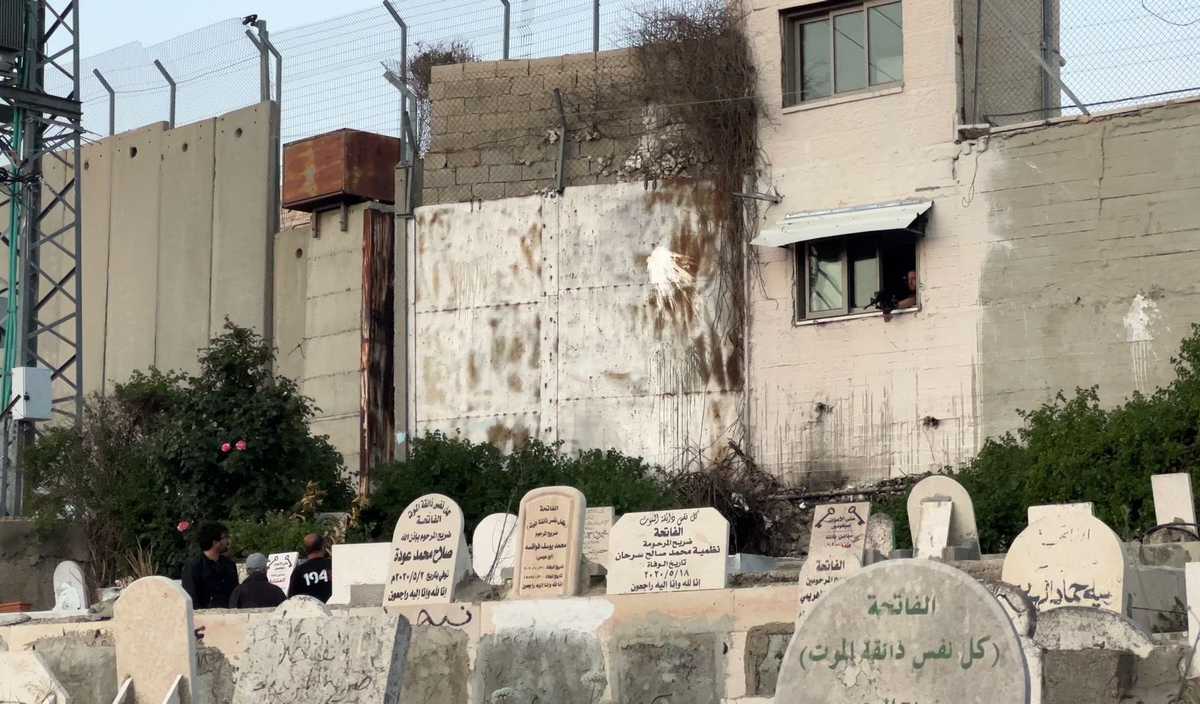
The Israeli regime’s military might obscures the fundamental weakness of the broader settler-colonial project — a weakness that is both economic and moral.
Economically, some 25% of Israel’s GDP and 40% of its total exports are concentrated in the high-tech sector. The Palestinian bourgeoisie is also complicit in this, and other, sectors. In Ramallah, we learned about a new “tech hub” established for Palestinian workers. The institution employs Palestinians, who face highly-exploitative working conditions and are chronically underpaid. The profits created there are then transferred back to companies within the 1948 territories,(*) generating profits for the Palestinian bourgeoisie, their Israeli partners, and ultimately third country firms that contract them.
The radicalization of the Israeli regime under the most recent Netanyahu government has caused a crisis in that sector, characterized by strikes, capital flight, threats, and other forms of protest. As the BDS Movement has thoroughly documented, the mood within the Israeli bourgeoisie is shifting, with many now looking abroad to sustain their businesses.
Given the tight interconnectedness between the Israeli and Palestinian bourgeoisies — a symbiosis that functions to sustain the occupation — there is a clear sense that the dominos might tip irreversibly in favour of the Palestinian resistance if the current political trajectory is maintained. The Israeli settler community is unlikely to generate sufficient economic outputs to substitute for the high-tech sector — indeed, by all accounts, it is a drain on the Israeli state.
In moral terms, it is clear that the struggle of the Palestinian people is righteous. Despite daily setbacks, routine humiliation, and constant violence, the Palestinian people remain unafraid and dignified in their struggle. The same cannot be said of the Zionist settlers and their supporters within the occupation forces. The further into the 1967 territories we travelled, the more they appeared to be terrified, cowering, prepared at all times to unleash disproportionate violence against people who posed no apparent threat to them. In a very visceral sense, it is obvious that the commitment of the occupied to liberation is greater than the commitment of the occupier to subjugation.
The Role of International Solidarity
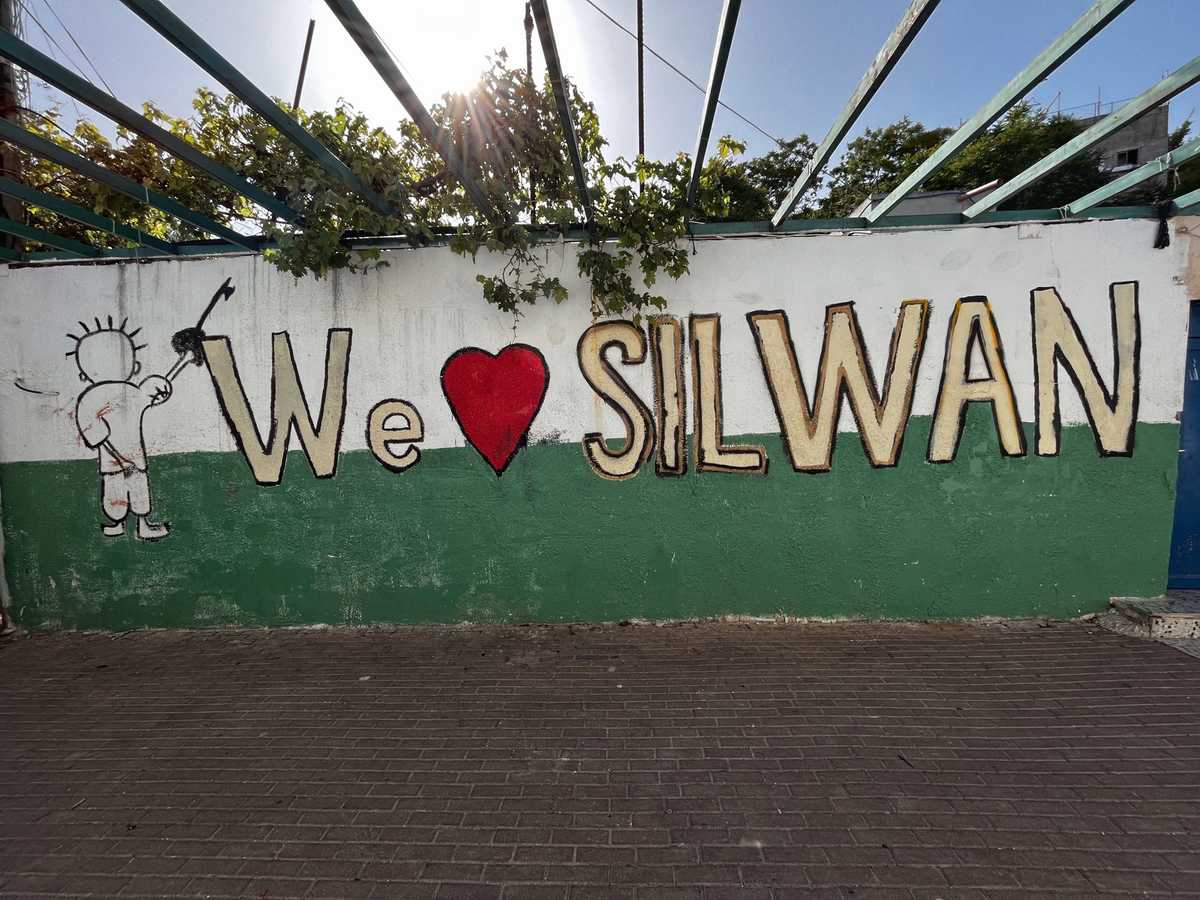
A mural in Silwan, East Jerusalem, where communities struggle against home demolitions.
“So many foreigners come to Palestine and want to play Che Guevara,” one activist in East Jerusalem told us. “But when they go back home, they do nothing to challenge the institutions that try to erase us.”
Everywhere we went in Palestine, we heard the same message. International solidarity with the people of Palestine is meaningless unless it breaks the chains of complicity that allow states, corporations, and other institutions around the world to fund the Israeli occupation.
That is why the largest Palestinian coalition in history formed the Boycott, Divestment and Sanctions movement. The goals of the movement reflect the rights that are enshrined in international law — ending Israel’s military occupation and system of apartheid, and granting the right of return and reparations to Palestinian refugees.
In support of the BDS movement, we have partnered Palestinian activists on the Cities’ Initiative — ending complicity with Israel at the municipal level. On the anniversary of the Nakba, we announced that the city of Belém in Brazil has been declared apartheid-free, joining cities like Barcelona, Oslo, and Liège in suspending ties with the State of Israel for its crimes against humanity. The Cities’ Initiative is crucial in building local momentum towards national consensus – to end ties that empower Israel’s apartheid and settler-colonialism against the Palestinians.
But there are other ways to get involved. For forces on the radical Palestinian left, building internationalist bonds with peer forces is critical. “We need to learn from each other, build common strategies against capitalism, and articulate a shared direction for our struggle for socialism,” one political leader told me.
--
You can also download this report as a PDF.
(*) The Palestinian people refer to the territories occupied in 1948 — after the Nakba — as the “1948 territories” and those occupied in 1967 as the “1967 territories”. The latter includes the West Bank.
(#) On China: Many Palestinians told us that while they do not see China as playing an actively positive role for the Palestinian people, the historical processes led by China — including the normalization of relations between Iran and Saudi Arabia, among others — has created a space in which West Asian states are less susceptible to blackmail from the US. This stabilizes the situation in the region and creates an opening for movements seeking to challenge Zionist hegemony but concerned about retribution from imperialist powers.
